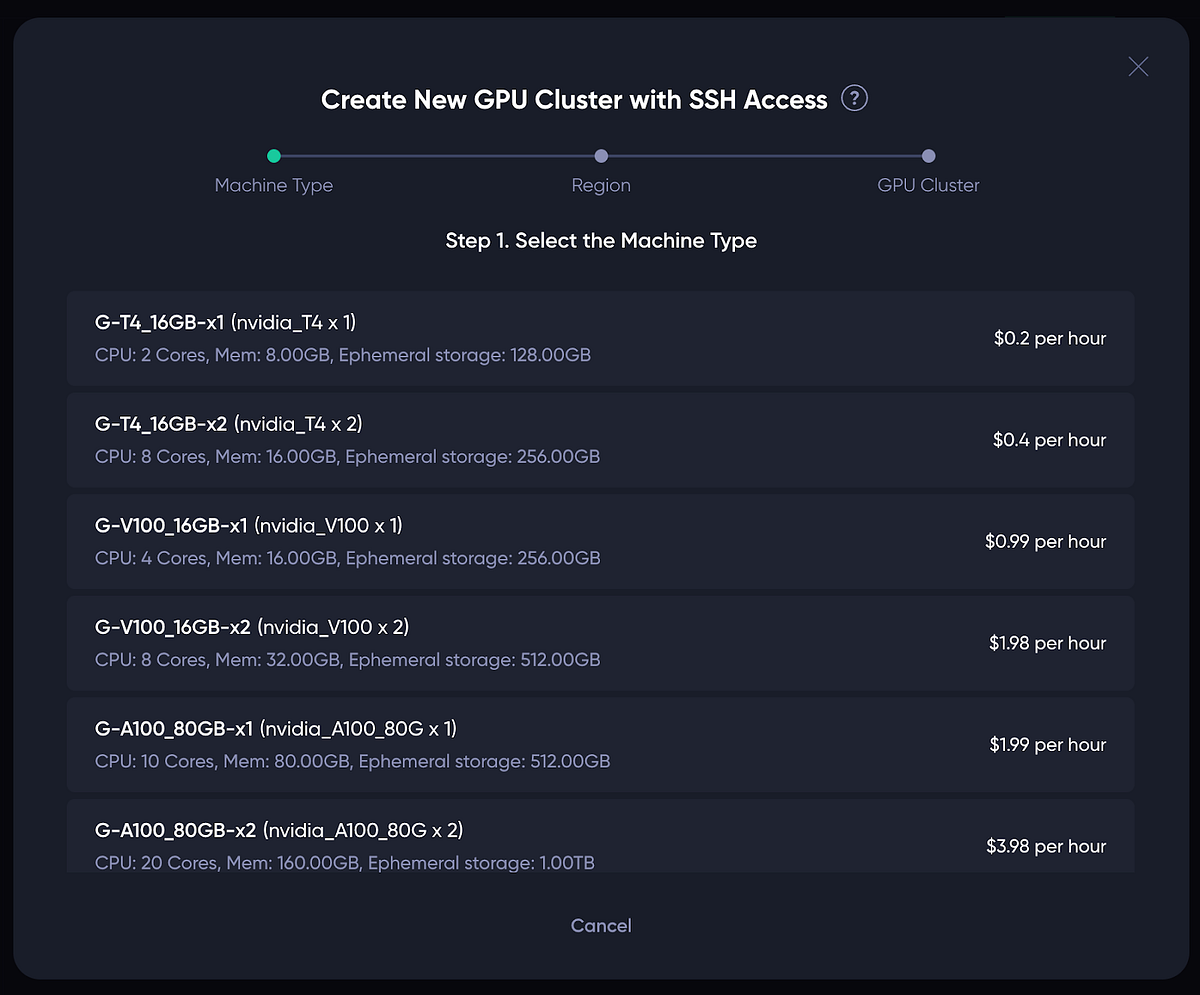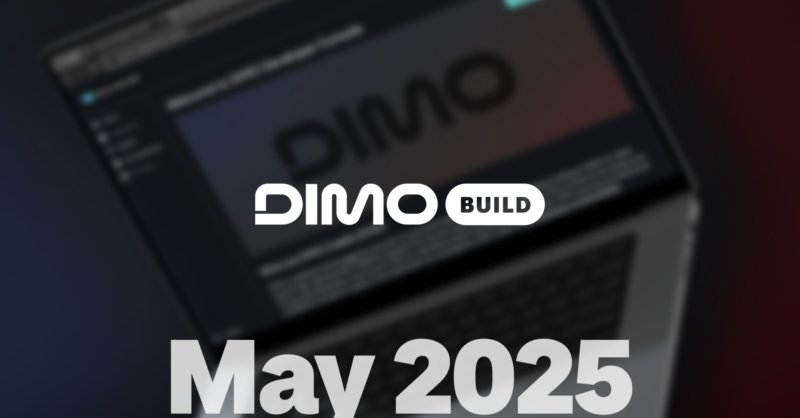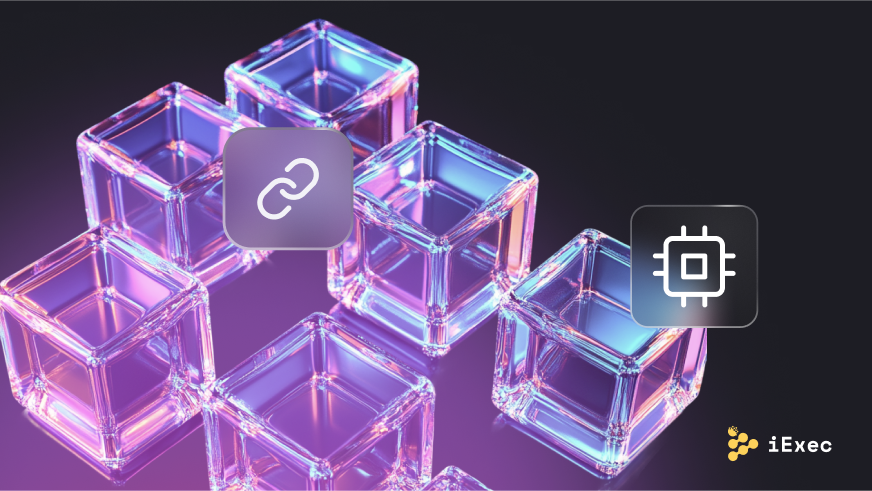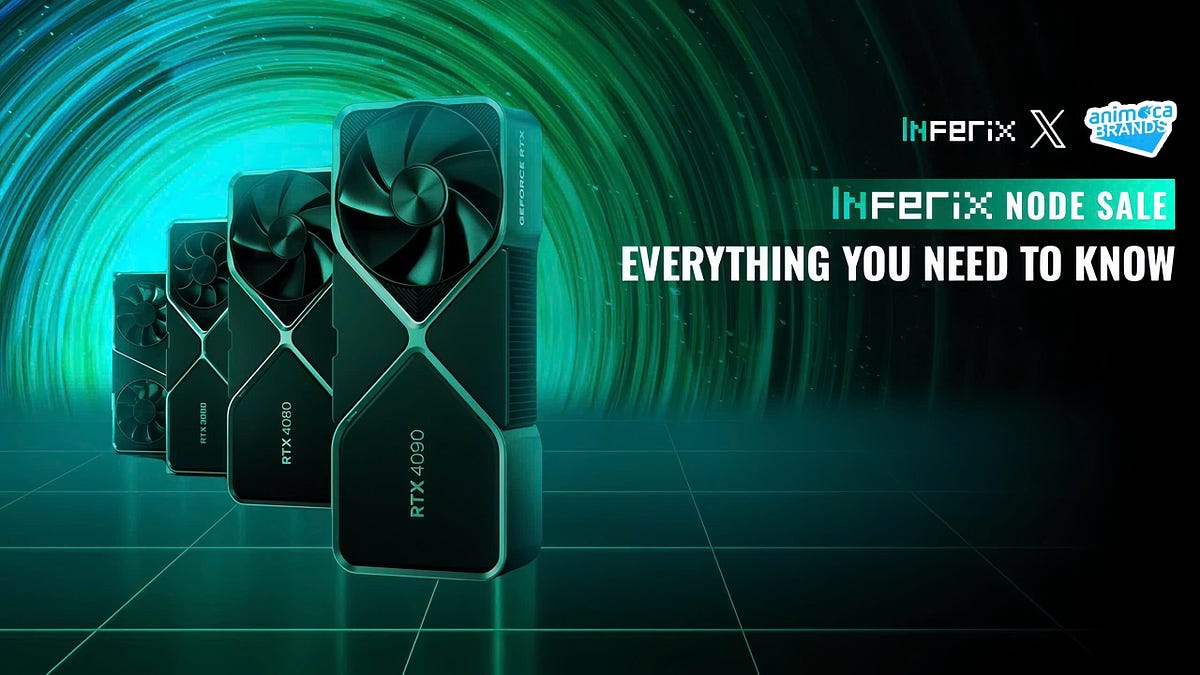io.net Launches Co-Staking Marketplace to Democratize Staking Rewards

io.net, a prominent player in the Decentralized Physical Infrastructure Networks (DePIN) sector, has launched its Co-Staking Marketplace, a transformative feature that allows $IO token holders to share in staking rewards without needing to own physical hardware. This innovative platform connects hardware suppliers with token holders, enabling both parties to participate in the network’s validation process. By democratizing access to staking, the Co-Staking Marketplace responds to community demands for more inclusive participation methods, allowing users to contribute to the staking requirements of high-performance devices like H100 GPUs.
The Co-Staking Marketplace allows suppliers to list their devices once they are fully operational and staked, specifying the amount of $IO required and the percentage of block rewards they are willing to share. This flexibility enables co-stakers to browse offers based on device model, reliability scores, and projected earnings, making it easier for them to find opportunities that align with their investment strategies. This system not only reduces the financial burden on suppliers but also opens up staking opportunities for a broader segment of the io.net community, allowing them to earn rewards without the complexities of hardware management.
In conjunction with the Co-Staking Marketplace, io.net has introduced the Explorer Staking Dashboard, a centralized hub for users to track their staking activities in real-time. This dashboard provides insights into earnings, historical trends, and live data, fostering a transparent staking environment. Additionally, io.net has implemented clear guidelines for both suppliers and token holders to ensure a smooth experience. However, with these new opportunities come responsibilities, as a slashing mechanism is in place to maintain network integrity, penalizing devices that fail to meet performance standards. Overall, the launch of Co-Staking represents a significant advancement in decentralized computing, promoting a more inclusive and efficient ecosystem for all participants.
Related News





